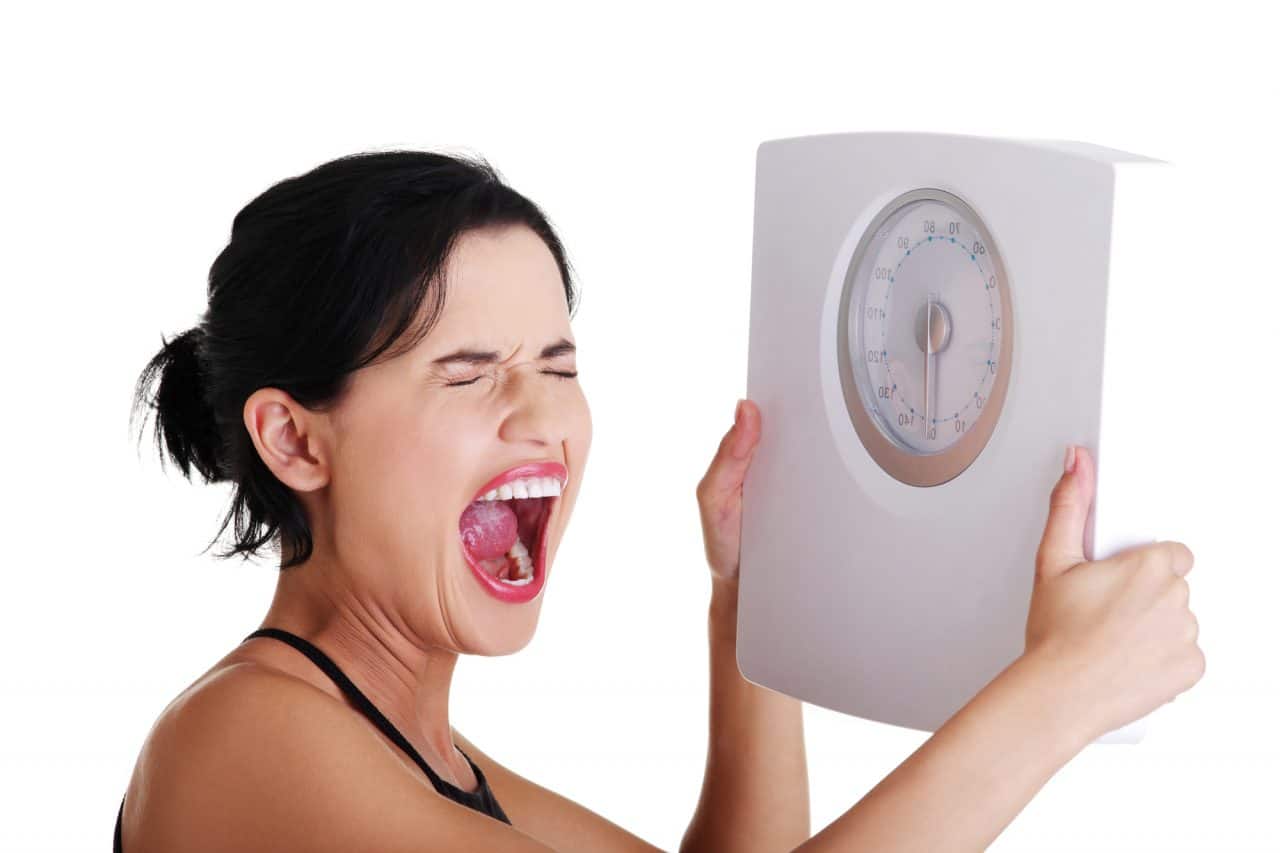
 If you’re making strides to eat well and exercise more, you might be frustrated to find your weight loss slowing and even stopping! That’s called a weight-loss plateau, and it’s not uncommon. There are several things that can contribute to a weight-loss plateau.
If you’re making strides to eat well and exercise more, you might be frustrated to find your weight loss slowing and even stopping! That’s called a weight-loss plateau, and it’s not uncommon. There are several things that can contribute to a weight-loss plateau.
If you’ve been losing weight but have reached a stopping point, you may want to look into these three elements that can lead to a weight-loss plateau.
Lifestyle
Are you getting enough sleep? Many people consider sleep to be something they can cut out if they get busy, but that could be slowing your weight loss down. Research shows that sleeping fewer than six hours per night (as opposed to the recommended eight) significantly reduces fat loss for dieters and makes them hungrier.
Stress can lead to unhealthy habits, like stress-eating and skipping your workout in favor of the newest sitcom episode. Consider a calming habit like meditation, which can often help with binge eating, emotional eating, and the overall amount you eat.
Hormonal issues
Some hormonal issues can contribute to a weight-loss plateau. If your thyroid isn’t functioning optimally, there’s a chance that the issue is keeping you from losing more weight.
Your growth hormone levels decrease as you get older, and that can also be a problem—HGH (human growth hormone) can contribute to fat loss. If you’re making less HGH, it’s harder to lose fat.
Low testosterone levels for men can make you lose muscle and gain fat. Higher estrogen levels for either men or women can contribute to weight gain. If you think your hormonal levels might be contributing to your weight-loss plateau, we can test to see what’s going on.
Insulin resistance
You’re probably already familiar with insulin—the hormone that should keep your blood glucose (sugar) at a normal level. But you may not know that your level of insulin sensitivity and resistance can affect your weight loss.
High levels of insulin resistance means that your cells are resisting insulin, so glucose isn’t being efficiently removed from your blood. Generally speaking, increasing your physical activity should decrease your insulin resistance, increasing your insulin sensitivity (which means you process glucose more efficiently). But if that’s not happening, you may want to speak with a healthcare professional to talk about what you can do about that.
I’m happy to talk with you about these or other contributing factors to your weight-loss plateau. Let’s set up an appointment to talk about improving your health.
